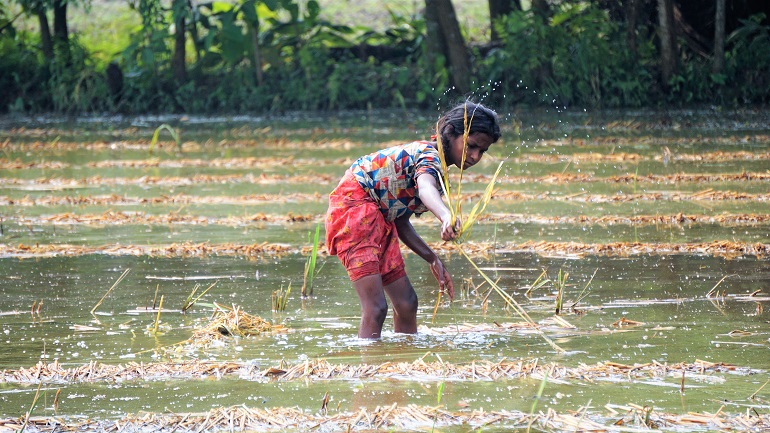SAMVAD and ActionAid Association Collaborate to Elevate Voices of Marginalized Pastoralists
In a recent Zonal Level Convention hosted by SAMVAD and ActionAid Association, experts and scholars came together to emphasize the importance of supporting pastoral communities in the face of climate challenges. Ms. C. Thakur, a dedicated Research Scholar, shared insights from her study on pastoral communities, shedding light on the challenges they face and their rights. This effort aims to raise awareness and promote informed dialogue on vital topics.
Debabrat Patra, Zonal Director of East Zone at ActionAid Association, highlighted the significant contributions of pastoral communities to the ecosystem. He underlined how these communities enhance soil productivity through livestock manure and maintain genetic diversity in millions of livestock under their care. Recognizing pastoralists’ essential role, he stressed that safeguarding their communities equips us to combat climate change more effectively.
Saurabh Kumar, Regional Manager of ActionAid Association, emphasized the need to balance environmental conservation with the livelihoods of pastoralists in states like Bihar, Jharkhand, and Chhattisgarh. He pointed out the necessity of providing adequate space for both livestock and the people caring for them while implementing conservation efforts.
India’s pastoralists, with their sustainable and ancient practices, contribute significantly to the nation’s ecosystem. These herders practice mobility, moving livestock to different regions each year for food and pasture. Their practices yield resources like milk, meat, and wool, with women pastoralists playing a pivotal role in wool collection for clothing. Furthermore, pastoralists contribute to biodiversity conservation and maintaining animal diversity.
In the eastern Indian states of Bihar, Jharkhand, Odisha, Chhattisgarh, and West Bengal, over 2.5 million people rely on sheep rearing for livelihoods. They face challenges like limited resources, changing climate conditions, and restrictions on accessing forest and grazing lands. Recognizing the diversity within these communities, the convention aimed to empower them as custodians of ecological justice, addressing their unique needs and concerns.


